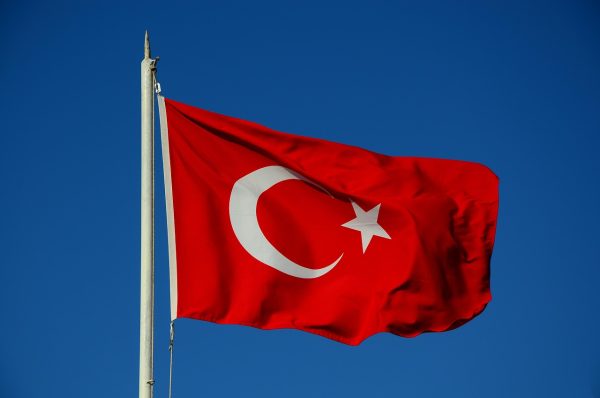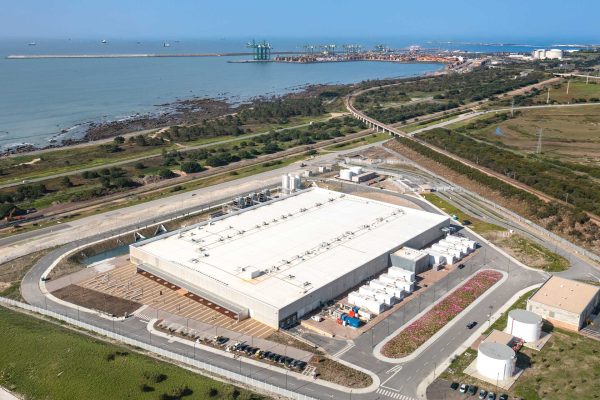
The first Greek asparagus of this season arrived in the wholesale market of Munich from the number one productive area in Pella, while from the second large cultivation area, Kavala, the harvest has been left behind due to the cold and wet weather.
“At the moment, these are the first batches of Greek cultivation,” points out in the freshplaza sector site, Mr. Thio Hadjivassiliadis, specialized importer and CEO of Hans Kuffer Ltd, based in the wholesale market of Munich. “How the market will develop in terms of price is difficult to assess at this time,” he said, stressing that the picture will be clearer in the coming weeks.
It should be noted that within two days of harvest, the Greek vegetables arrive in Munich, from where they are delivered to the customer on the same day.
In addition, Hadjivassiliadis is quite confident about the upcoming campaign: “Italy is already present in the market with the first batches and is expanding its market share every year. But I still do not see any threat to Greek asparagus because, unlike Greece, a significant portion of Italian asparagus is sold on the domestic market. Greek producers are still mainly committed to exports, although consumers there are now slowly becoming acquainted with the noble vegetable.”
Due to the mainly mild winter, the early start of the season for German asparagus can not be ruled out, estimates Mr. Hadjivassiliadis. “This is probably of interest to us, especially because Greek asparagus has an optimal price-performance ratio and is up to 20% below German asparagus in sales, depending on quality and circumference. “Especially in March and April, the consumption of Greek products has increased significantly in recent years, which in turn is due to the improved quality of asparagus,” he notes.
Latest News

PM Mitsotakis to Chair New Democracy’s Committee Meeting
Today’s meeting is seen as a crucial opportunity to halt internal disputes within ND and reaffirm unity within the party.

Trump Tariffs Jeopardize Growth: Piraeus Chamber of Commerce
The tariffs, aimed at reducing the U.S. trade deficit, are expected to have both direct and indirect effects on the European economy

EU Condemns Trump Tariffs, Prepares to Retaliate
As tensions escalate, the EU is expected to continue negotiations with Washington while preparing for potential economic retaliation.

The Likely Impact of Trump Tariffs on Europe and Greece
Trump tariffs are expected to negatively affect economic growth in the Eurozone while Greece's exports could take a hit.

Motor Oil Results for 2024: Adjusted EBITDA of 995 mln€; Proposed Dividend of 1.4€ Per Share
Adjusted EBITDA for 2024 was down 33% yoy. The adjusted profit after tax for 2024 stood at 504 million euros, a 43% decrease from the previous year

Cost of Living: Why Greece’s 3% Inflation Is Raising Alarm
Greece appears to be in a more difficult position when it comes to price hikes, just as we enter the era of Trump’s tariffs.

Fitch Ratings Upgrades the Four Greek Systemic Banks
NBG’s upgrade reflects the bank’s ongoing improvements in its credit profile, Fitch notes in its report, including strong profitability, a reduction in non-performing exposures (NPEs), and lower credit losses

Trump to Announce Sweeping New Tariffs Wednesday, Global Retaliation Expected
With Trump's announcement just hours away, markets, businesses, and foreign governments are bracing for the fallout of one of the most aggressive shifts in U.S. trade policy in decades.

Inflation in Greece at 3.1% in March, Eurostat Reports
Average inflation in the eurozone settled at 2.2%, compared to 2.3% in February

Greece’s Unemployment Rate Drops to 8.6% in February
Despite the overall decline, unemployment remains higher among women and young people.










































 Αριθμός Πιστοποίησης
Αριθμός Πιστοποίησης